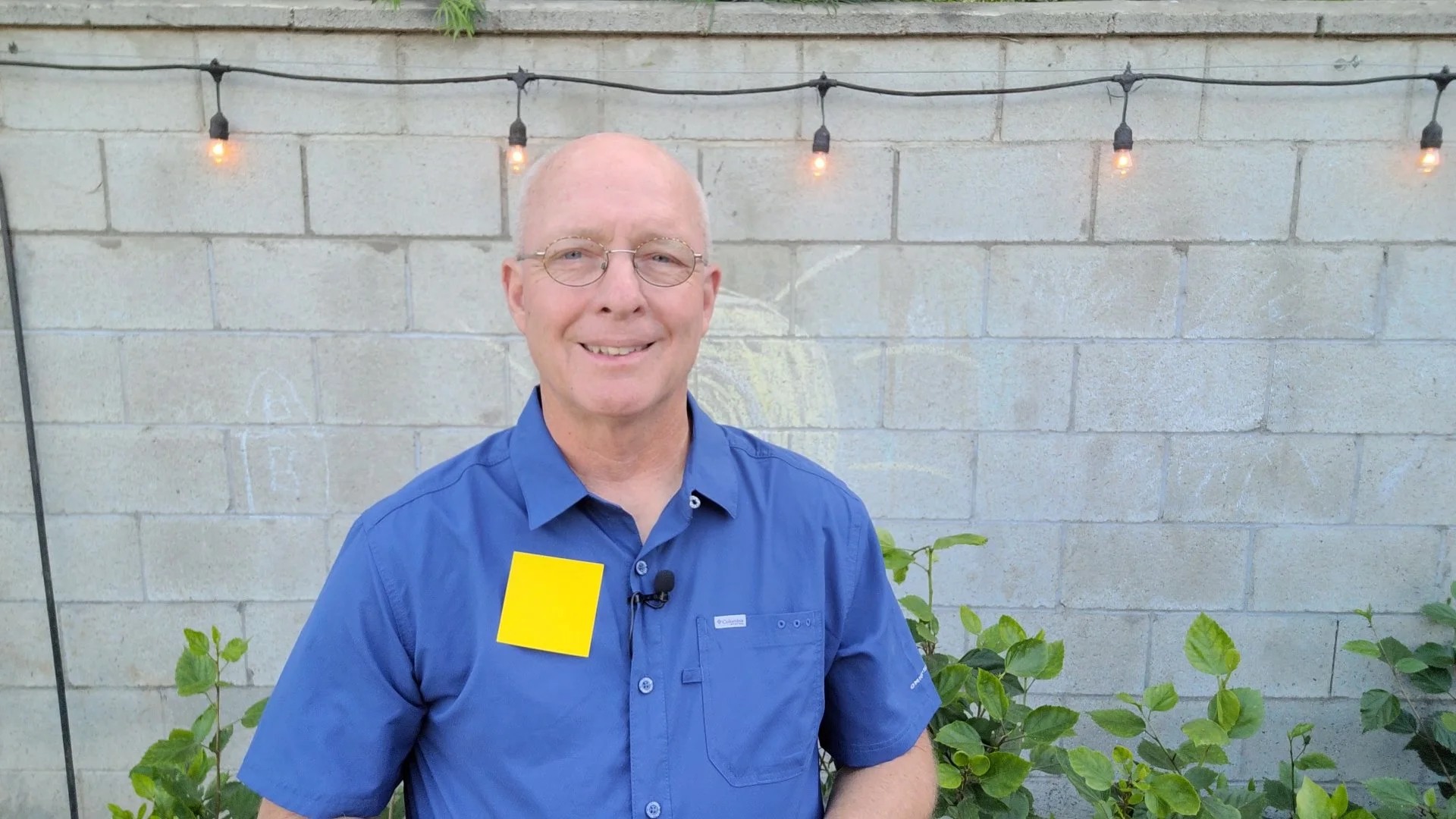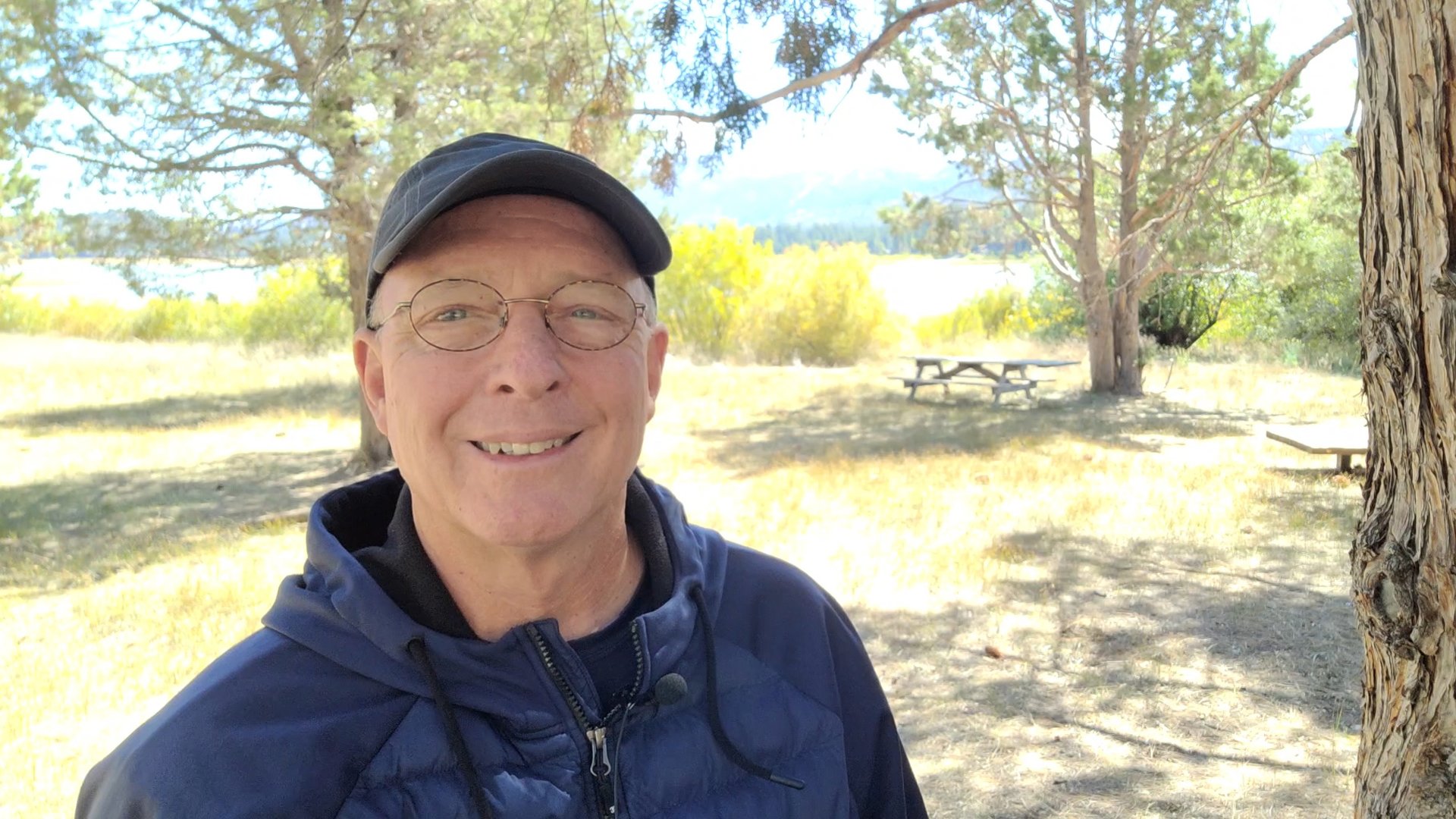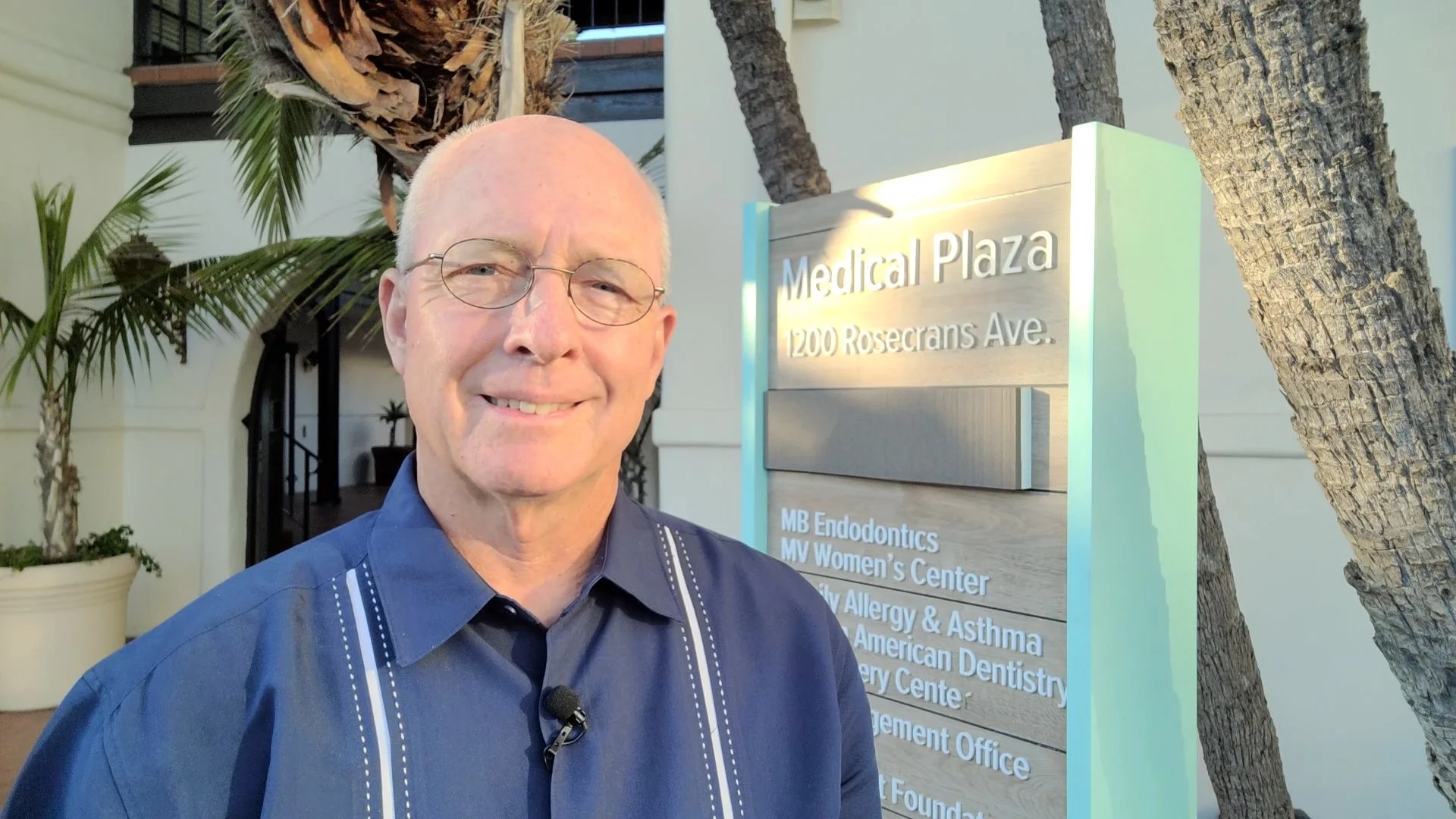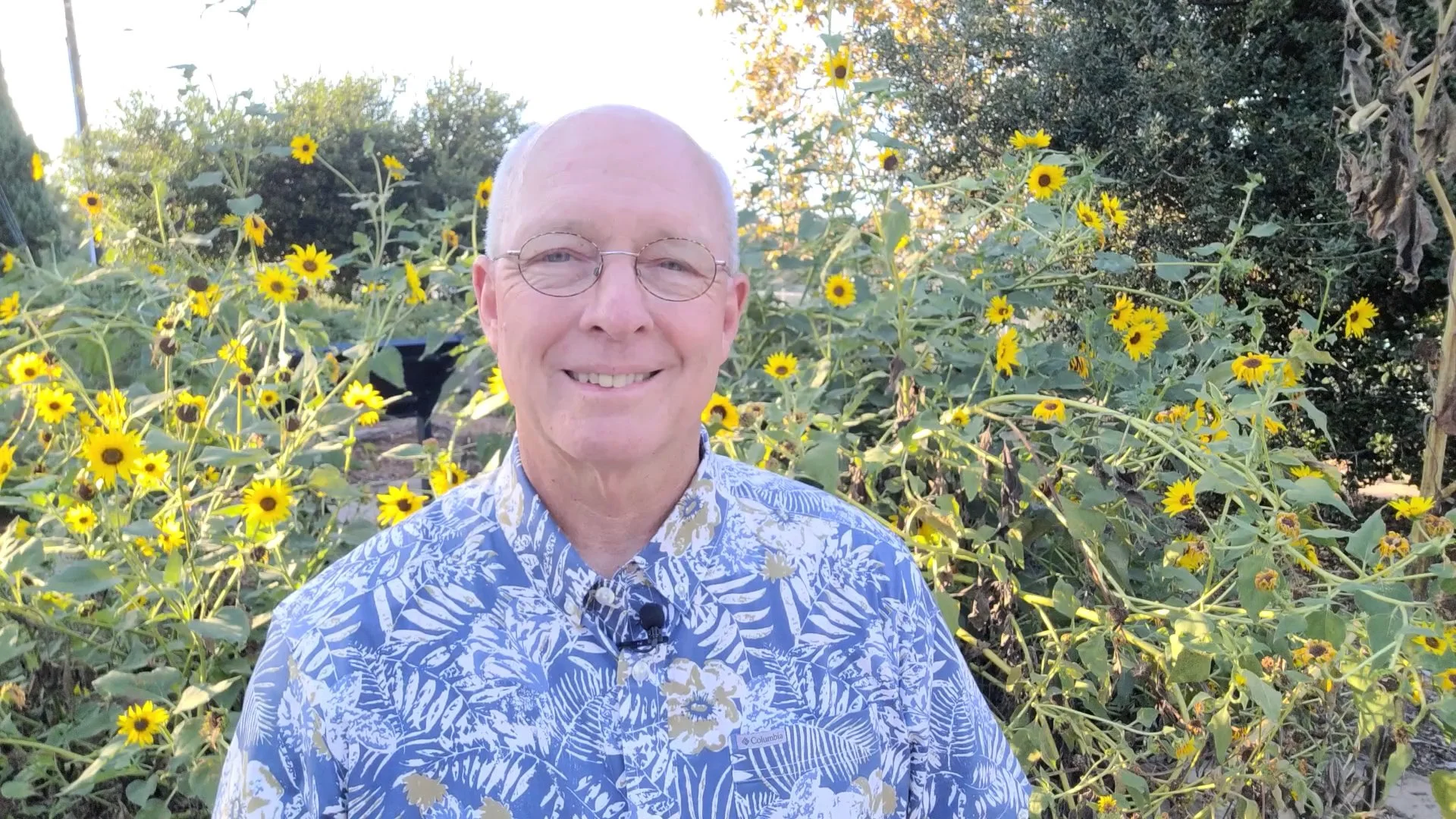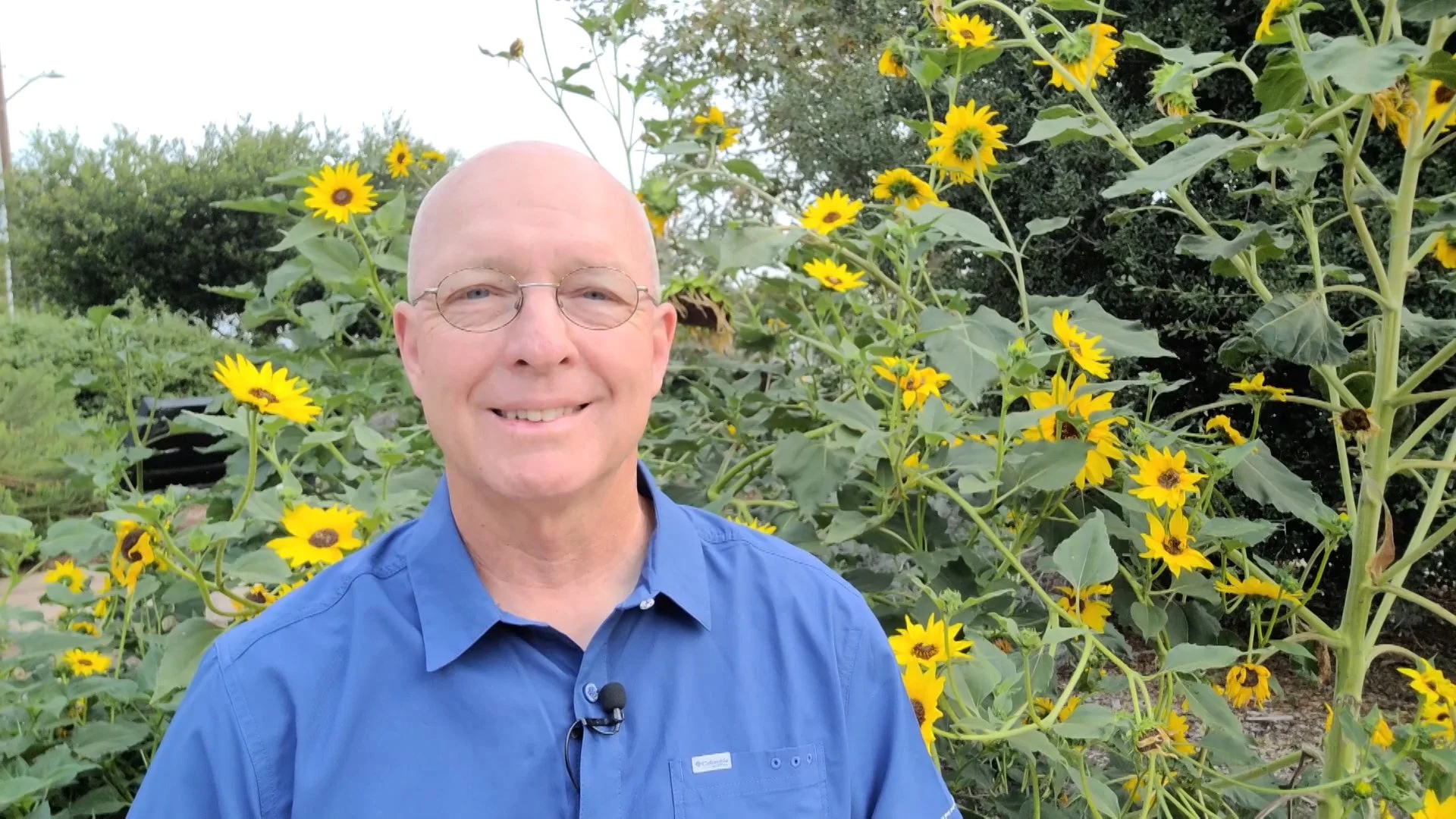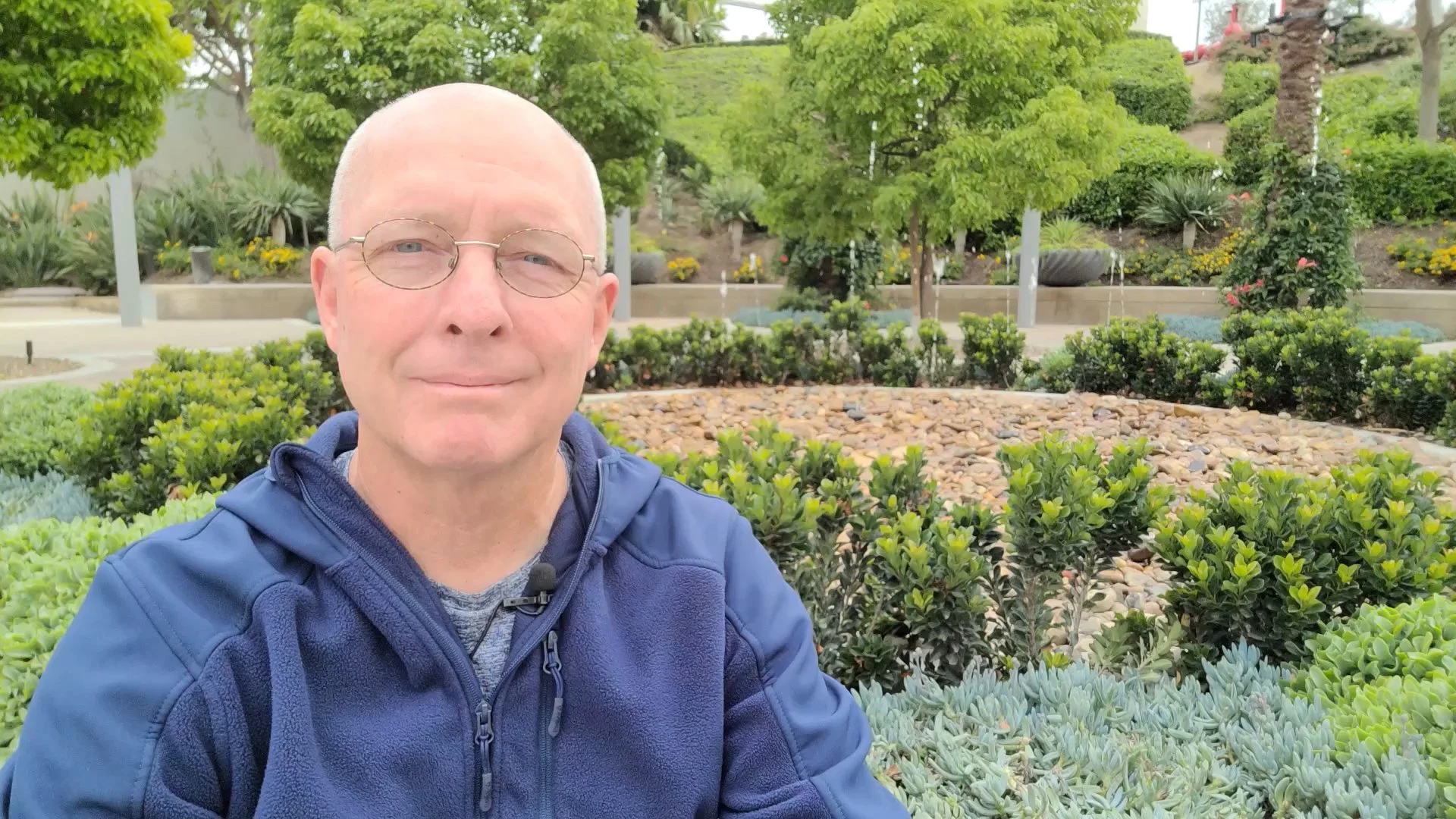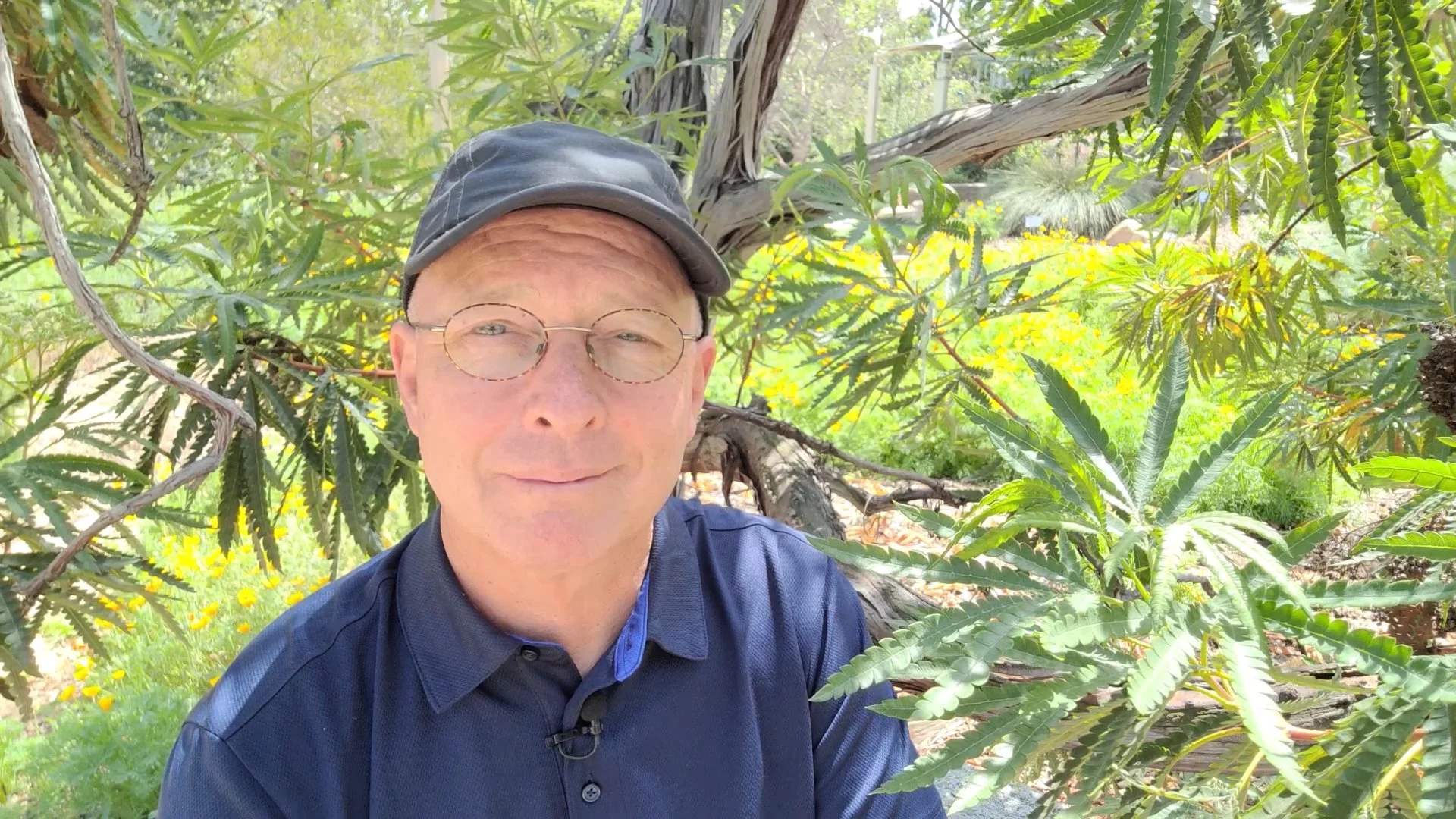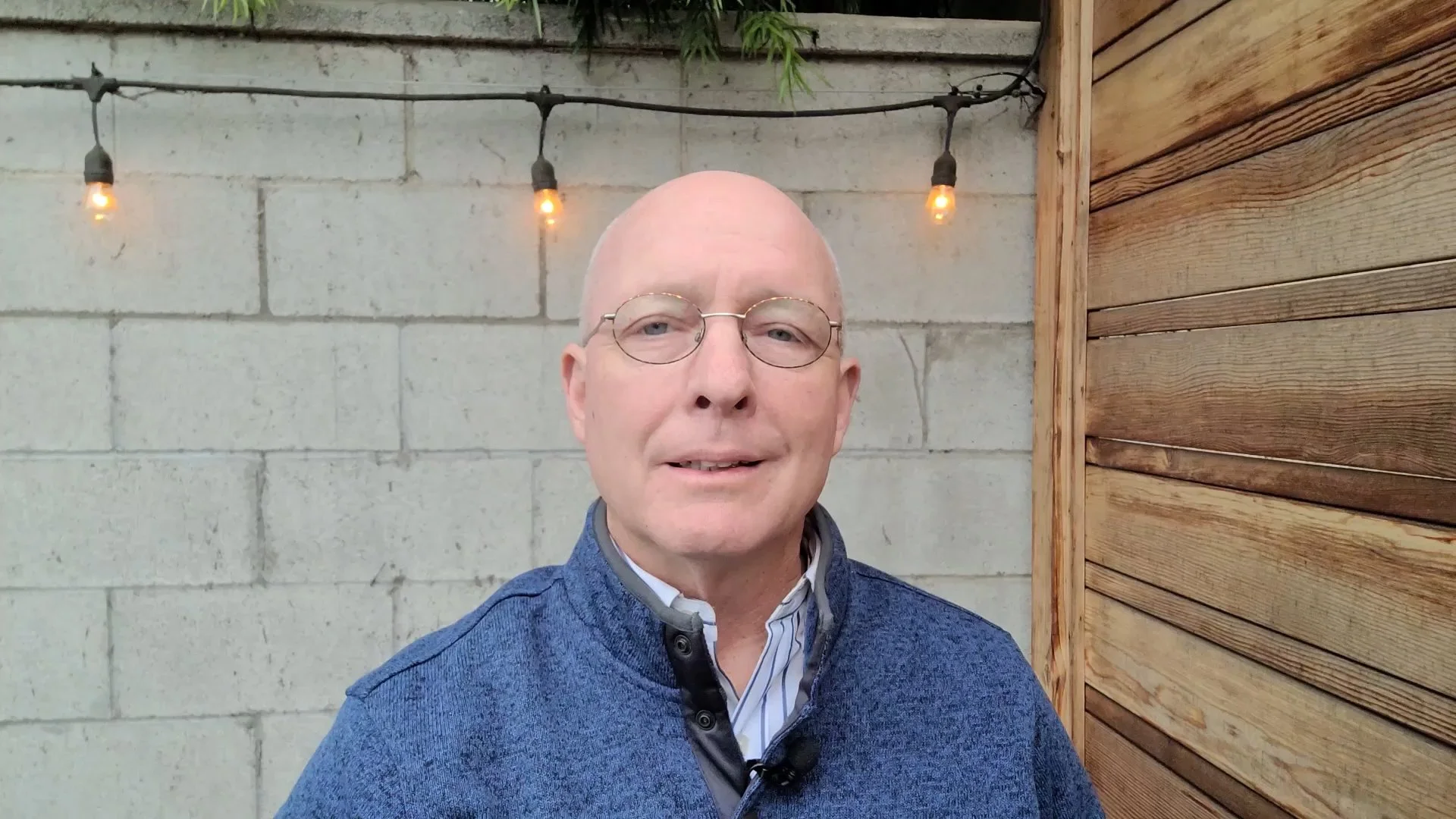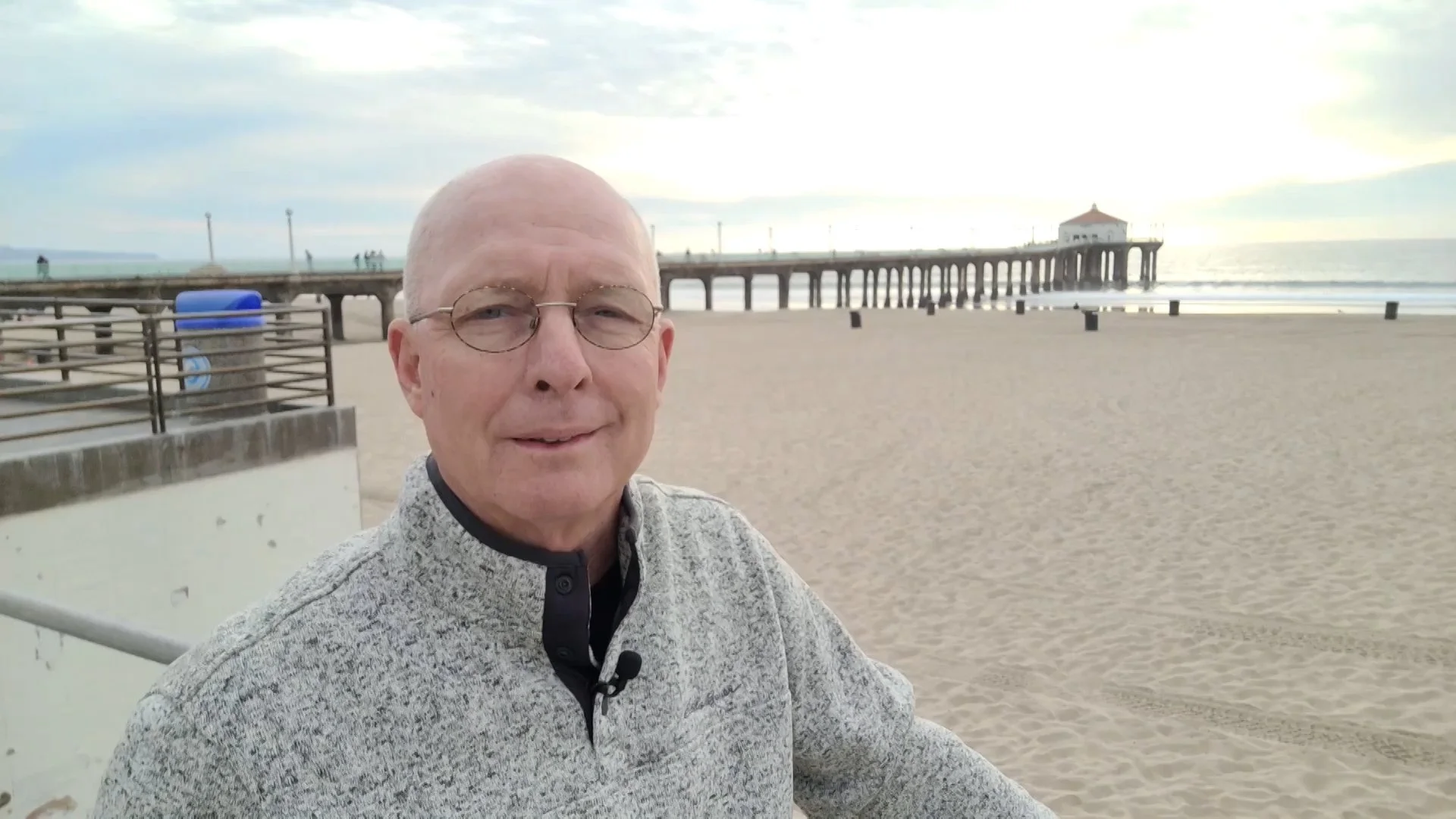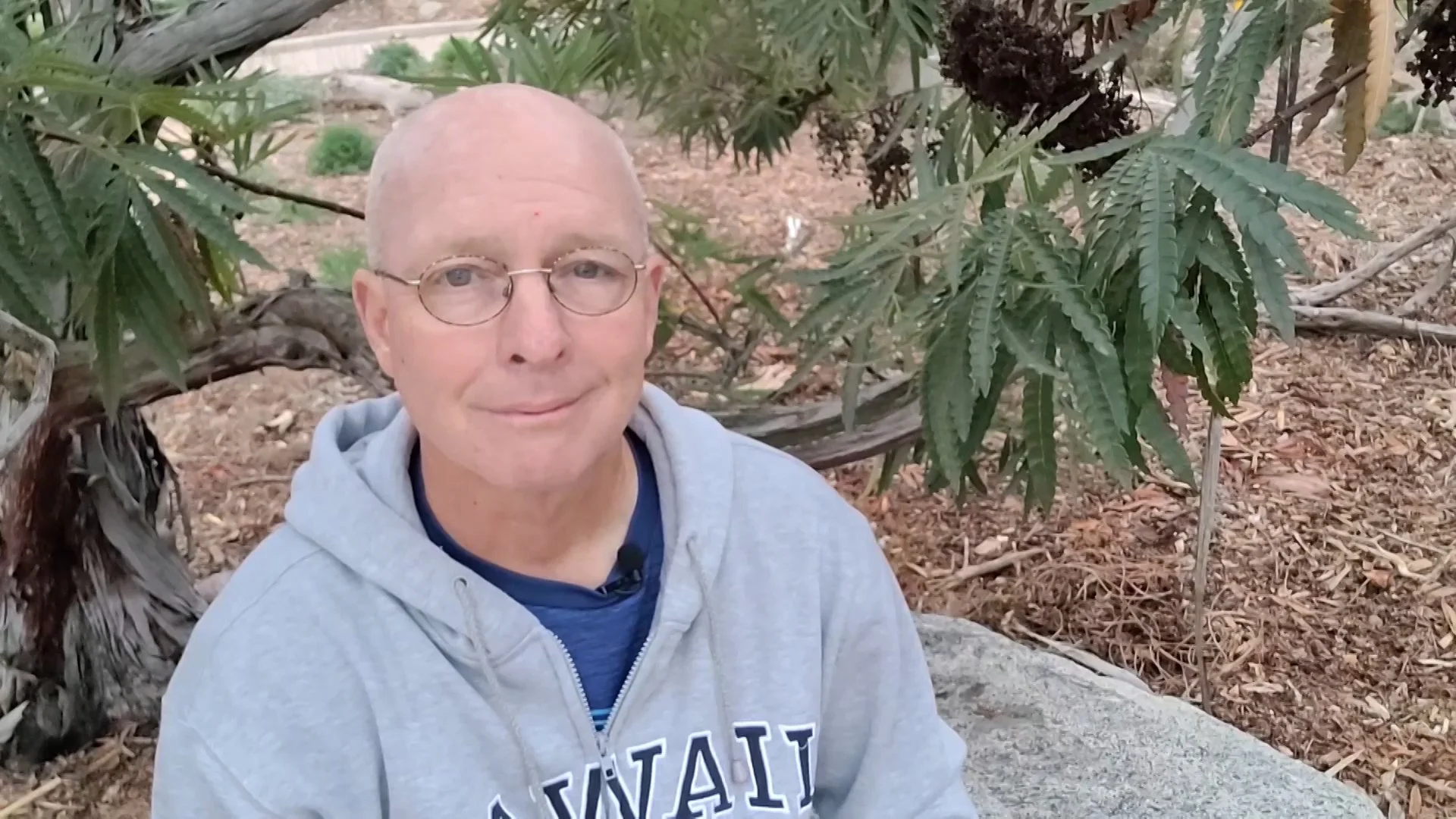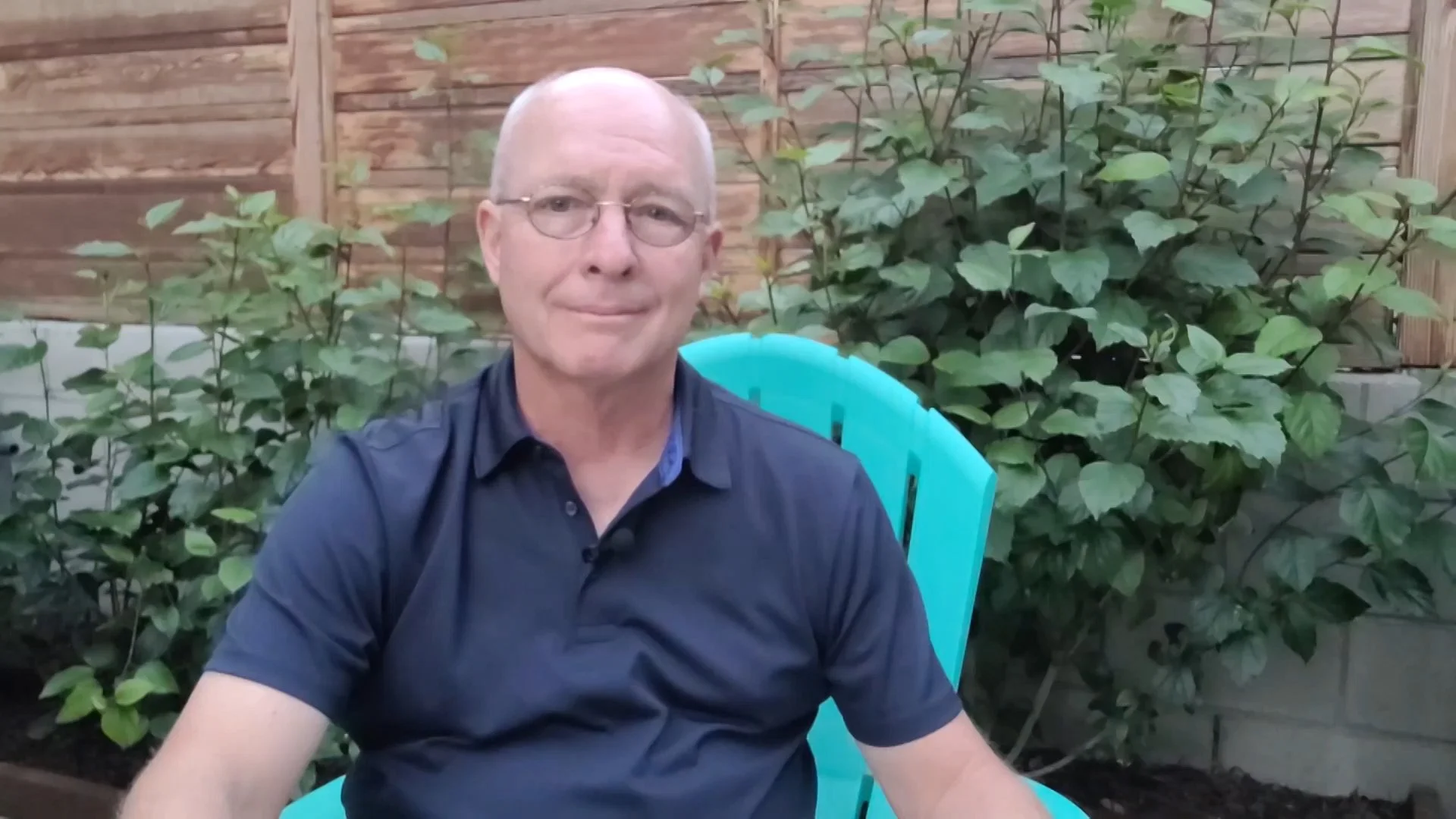Have you ever been part of a schoolyard pick? That’s the process where a group of people are divided into teams by those who’ve been designated as leaders. It can be either a traumatic experience or an exhilarating one depending on how early you’re chosen. Turns are taken and selections made based on assessments of potential value to the teams until one person is left to be assigned by default. And that person is keenly aware of not really being chosen at all.
On the other hand, if you’re the first selected, it’s a huge esteem-boost to know you were wanted, REALLY wanted.
I know there can’t be a true comparison but imagine the thunderous impact of the Lord’s words to his disciples recorded in John 15:16 when they heard their master say, “I chose you.” Add to that their awareness that unlike what happens in a schoolyard, this choice was made with full knowledge of their inadequacy. It wasn’t based on an evaluation of what they could offer. That would have meant it carried an unbearable weight of expectation none of them could possibly fulfill. It even preceded their choosing him. Their state of chosenness rested solely on the Savior’s unconditional and unchanging love.
Their hearts must have been ready to burst!
If this wasn’t already more than their souls could take in, Jesus went on to say that beyond anything they could aspire to, they had been 𝘢𝘱𝘱𝘰𝘪𝘯𝘵𝘦𝘥. And this is a translation of a Greek word about placement. The Lord used it to make clear he had positioned them to experience sustained and lasting spiritual fruitfulness alongside an aligning of their desires with the will of the Father that would result in consistently answered prayers.
Now, there are those who would argue that the Lord’s statements here were directed to the eleven remaining disciples and were exclusively describing their call to represent him as apostles. But I disagree for many reasons not least of which is that this verse is a continuation of a passage that includes many things Jesus clearly meant to apply universally to all Jesus-followers. I don’t think you can disconnect verse 16 from that context which also includes verse 17 where Jesus wrapped up this section of his instructions saying, “These things I command you, that you love one another.” It’s inconceivable to imagine that command not pertaining to all believers.
I’m convinced Jesus meant that all who cross the threshold from doubt into faith should then encounter the stunning reality that before we chose him, he chose us. And although I know this butts right up against hundreds of years of theological controversy, I’m totally comfortable leaving others more knowledgeable than me to debate predestination, foreknowledge, and free will while I simply enjoy the indescribable peace, security, and fulfillment found within the mysteries of chosenness and appointment.
I invite you to join me there. If you’ve felt as though Jesus just ended up with you by default, think again. You are wanted, REALLY wanted. Hear him speaking life into your soul with those three beautiful and life-changing words, “I chose you.”



